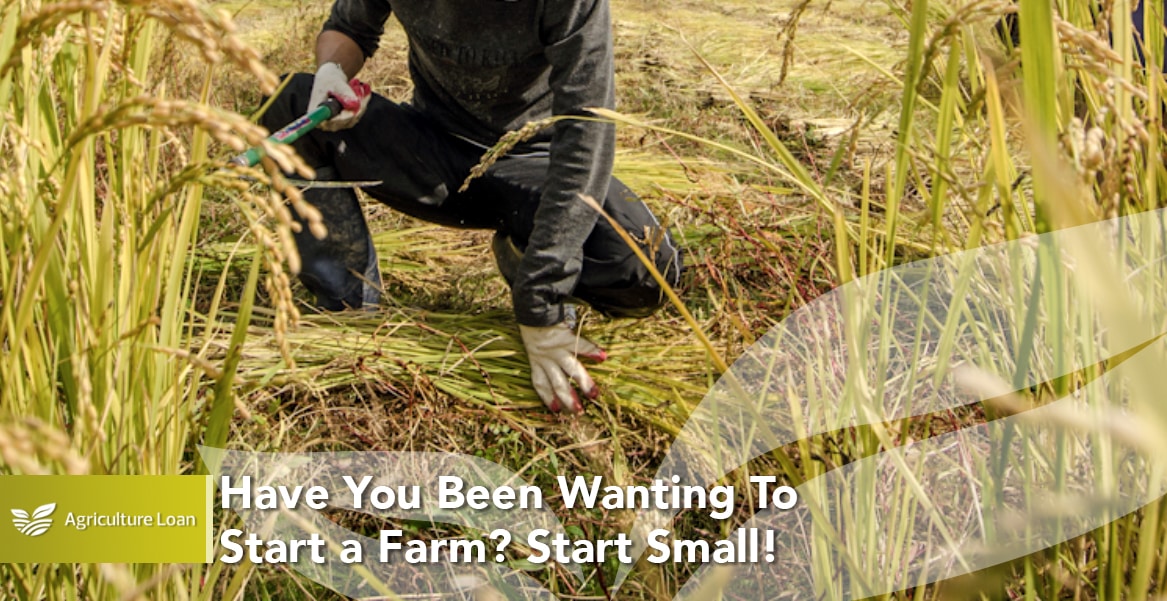
Most of the food sources start in a farm and end up on our tables. Some would think that in order to start a farm, there must be a huge amount of money, effort, and land to set up before you actually begin farming operations but you don’t have to go big if it’s still a little hard to make it possible.
Enter small farms. If farming is something you always wanted to do but don’t know where to start, perhaps it’s smart to start small. America is big on
agriculture. In fact, the industry contributes a lot to the economy. But farming is also about passion. If it’s yours, you should let that passion grow.
If you’ve got a sizable bit of land, farming can be a possibility for you. The harvested crops can then be a source of profit when sold at your local farmer’s market. Usually, hobbyists test out their ability to turn in a profit by selling goods through their small-scale farms.
What makes a small farm?
By the
definition of the United States Department of Agriculture (USDA), a small farmer is “someone who sells between $1,000 and $50,000 per year” from their agricultural products.
Usually, these farms are family-owned and they make up about 99% of the farms in the U.S. and they contribute about 89% of the agriculture production nationwide.
Want to start a small farm? Right this way.
Do your research
This is something you’d be doing for the first time. Before diving right into action, it pays to do your research first. Read up about the craft of
farming. Learn the basics of starting a small farm and then move forward from there. Knowledge is power.
Learn, learn, learn
Before you start a farm, learn the business side of things. Set up a business plan. Know the goals of your small business and plan out the steps that would help you reach those.
Go through the details
Also, know the specifics. Your plan to start a farm will not be an easy road. Start by identifying what products you want to produce. Are you planning on raising chickens? Are you interested in growing root crops or planting fruit trees? These things will help you determine what equipment is needed to cultivate or grow your farm.
Look for the right piece of land
Decide how much acreage you would need to start your small farm; one acre or two should be enough for that scale. From there, look into specific factors that affect the farm. Consider the soil quality, the amount of sunlight, pastures, and the like. For first-timers, it could be a smart move to buy land that’s already a farm. Pre-existing farmlands often have designations and outbuildings that can save you some effort.
Find the right financing
There are many ways to get financing for your small-scale farm. For first-time farmers, you can check through a local bank, Farm Credit or the
USDA Farm Service Agency. Financing specifically targeted to provide small farm loans to young or beginner farmers are offered.
As for established farmers, specific programs for specific purposes are offered as well. There are financing for subsidized equipment, assistance for organic assistance and much more.
Ask our lenders about small farm financing here.